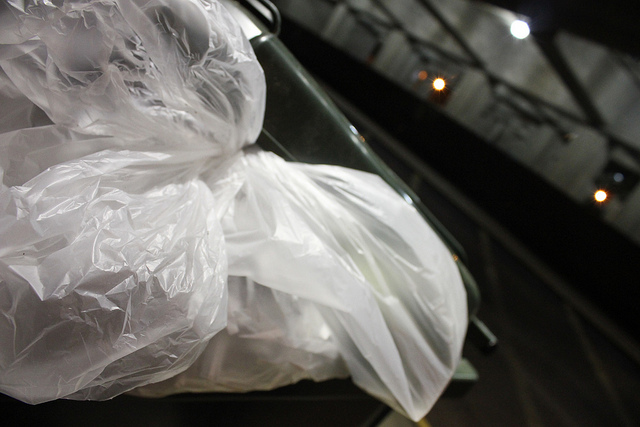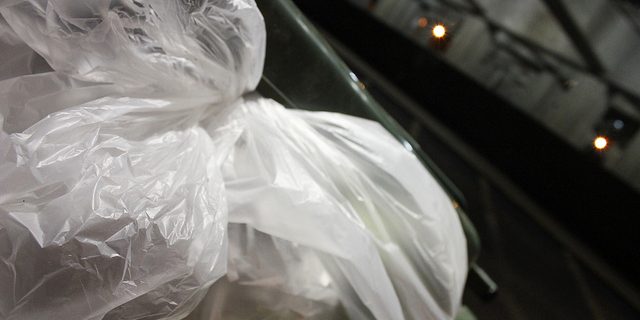
Disposing of waste using public receptacles is unavoidable for many. This can be especially true on a daily basis if you live in particular housing units such as an apartment or condo, which utilizes community dumpsters, trash chutes, or curbside waste pickups as the primary means for collective waste removal. But as I’ve illustrated in Part 1 of this series tackling proper privacy protection, taking simple steps to keep your information out of the reach of others can keep you from legal trouble down the road.
If any of these methods relate to your particular circumstances, there are a number of simple proactive steps you can take to prohibit the police from attempting to implicate you in criminal activity via your trash. Being mindful of how you throw things away should always go hand in hand with consciously deciding what you throw away.
Here are the essentials to keeping yourself safe from police intrusion when dealing with sensitive waste removal:
1. Clear Your Name
If for some reason you must dispose of illicit substances or other contraband, use a receptacle that does not contain items with your name or any other personal information on them.
These can include envelopes, bills, prescription bottles bearing your name, old identification cards of any kind, and any other article showing your name, address, telephone number, etc.
2. Leave No Physical Traces
Take extreme care in disposing of illicit substances. In order to completely separate yourself from the waste, not only does it need to be devoid of any readable information bearing your name or other personal data, but also must be devoid of all physical and chemical link to your person.
This means any waste containing legally sensitive materials cannot bear remnants of your DNA. This also applies to trash bags or any other containment device being used to house the substances. Fingerprints, hair, skin cells, and fingernails among other physical evidence tied to your person constitute material, which can be used to connect you to illegal substances physically.
3. Find An Alternative Location
If you are not confident in your ability to properly dispose of questionable materials in public, you should consider disposing of them elsewhere. A private location should be decided on through a careful examination of your route there, as well as the area surrounding it to ensure it is safe from possible police intervention.
Be completely sure that no surveillance cameras will capture any of your activities related to the disposal of illegal substances. Also be certain that your activities are unknown to others and you can travel to your destination without risk of being followed.
4. Dispose Of Waste Yourself
A final option involves circumventing public waste removal services by personally transporting and disposing of your waste at the public dumpsite yourself. This fulfills two important tasks critical to ensuring your safety.
First, personally transporting your waste to a public dumpsite will force interested parties to sort through your trash in an open location where their actions are plainly visible to you and others.
Second, this option effectively combines your trash with others’ in a common receptacle. Not only does this make it more difficult to physically find and differentiate your materials from others’, but it also makes it much more difficult to prove a particular item originated from a specific individual.
Although none of these options are guaranteed to conceal your connection to a legally sensitive object, simply following these guidelines will greatly hinder the efforts of law enforcement to an ongoing investigation of your waste. These steps will give you the best chances of ensuring privacy in your refuse and the disposal thereof.
If you are concerned about personal privacy matters or believe your privacy rights have been illegally infringed upon, contact an experienced Beloit criminal defense attorney at The Fitzgerald Law Firm today for a free consultation. We understand that meetings may not be possible during traditional business hours, so please let us know a time that works for you and we’ll do our best to accommodate you.
Photo credit: William Fisher








